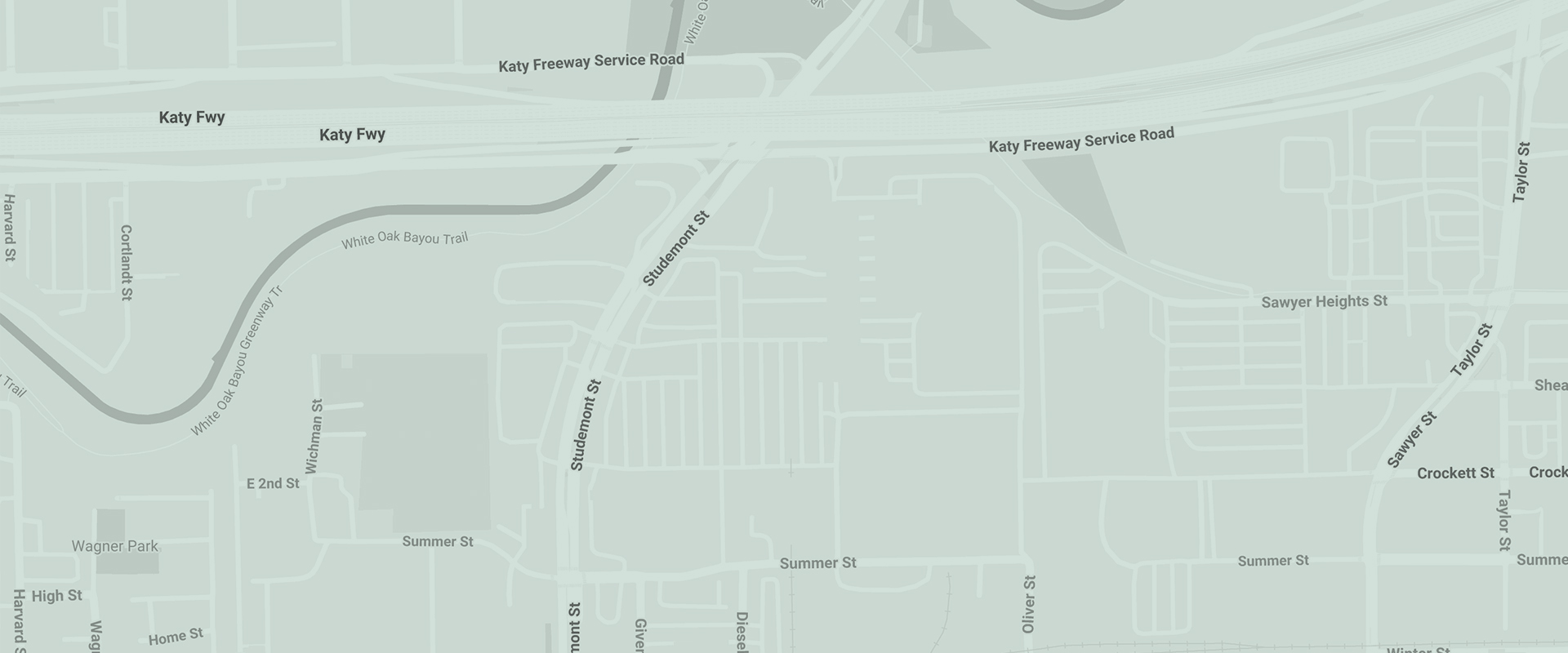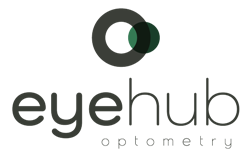
Myopia is on the rise worldwide, particularly among children and young adults. While prescription glasses, contact lenses, and specialized treatments can help correct vision, controlling the progression of myopia often requires more than medical care alone. Simple lifestyle adjustments can make a meaningful difference in supporting long-term eye health and slowing changes in vision.
Spend More Time Outdoors
One of the most effective ways to support myopia control is to spend more time outdoors. Research shows that children who spend at least 90 minutes per day outside are less likely to develop or experience rapid progression of myopia. Natural light helps the eyes focus more effectively at different distances, and outdoor activities encourage visual breaks from near work like reading or screen use.
Take Regular Screen Breaks
In today’s digital world, excessive screen time is one of the biggest contributors to eye strain and myopia progression. Encourage the 20-20-20 rule: every 20 minutes, look at something at least 20 feet away for 20 seconds. These short breaks reduce eye strain and allow the eyes to reset from prolonged near-focus tasks.
Prioritize Good Reading Habits
When reading or doing close-up work, posture and lighting matter. Keep books or screens at least 14-16 inches from your eyes and ensure the area is well lit to prevent unnecessary strain. Avoid reading while lying down, as it often brings materials closer to the face.
Encourage Healthy Sleep Patterns
Adequate rest allows the eyes to recover from daily visual demands. Studies suggest that poor or irregular sleep may influence eye growth and contribute to myopia progression. Setting a consistent bedtime routine and limiting screen use before bed can help support better sleep and eye health.
Practice Balanced Nutrition
While no diet can cure myopia, certain nutrients support overall eye health. A diet rich in leafy greens, colorful fruits, omega-3 fatty acids, and vitamins A, C, and E can keep the eyes functioning at their best. Staying hydrated also helps maintain proper eye moisture and comfort.
Regular Eye Exams and Professional Care
Lifestyle changes work best when paired with professional myopia management strategies. Routine eye exams allow your optometrist to monitor changes in vision, detect progression early, and recommend personalized treatment options such as specialized contact lenses or atropine therapy.
Protect Your Child’s Vision with Expert Myopia Care
Myopia control is not about one single solution - it’s about combining professional care with everyday habits that protect eye health. By spending more time outdoors, practicing healthy screen habits, and maintaining good overall wellness, you can help slow the progression of nearsightedness and preserve clearer vision for the future.
Schedule a comprehensive eye exam at Eye Hub Optometry to learn which myopia management treatments and lifestyle strategies are best for your child. Visit our office in Houston, Texas, or call (281) 940-6600 to book an appointment today.







